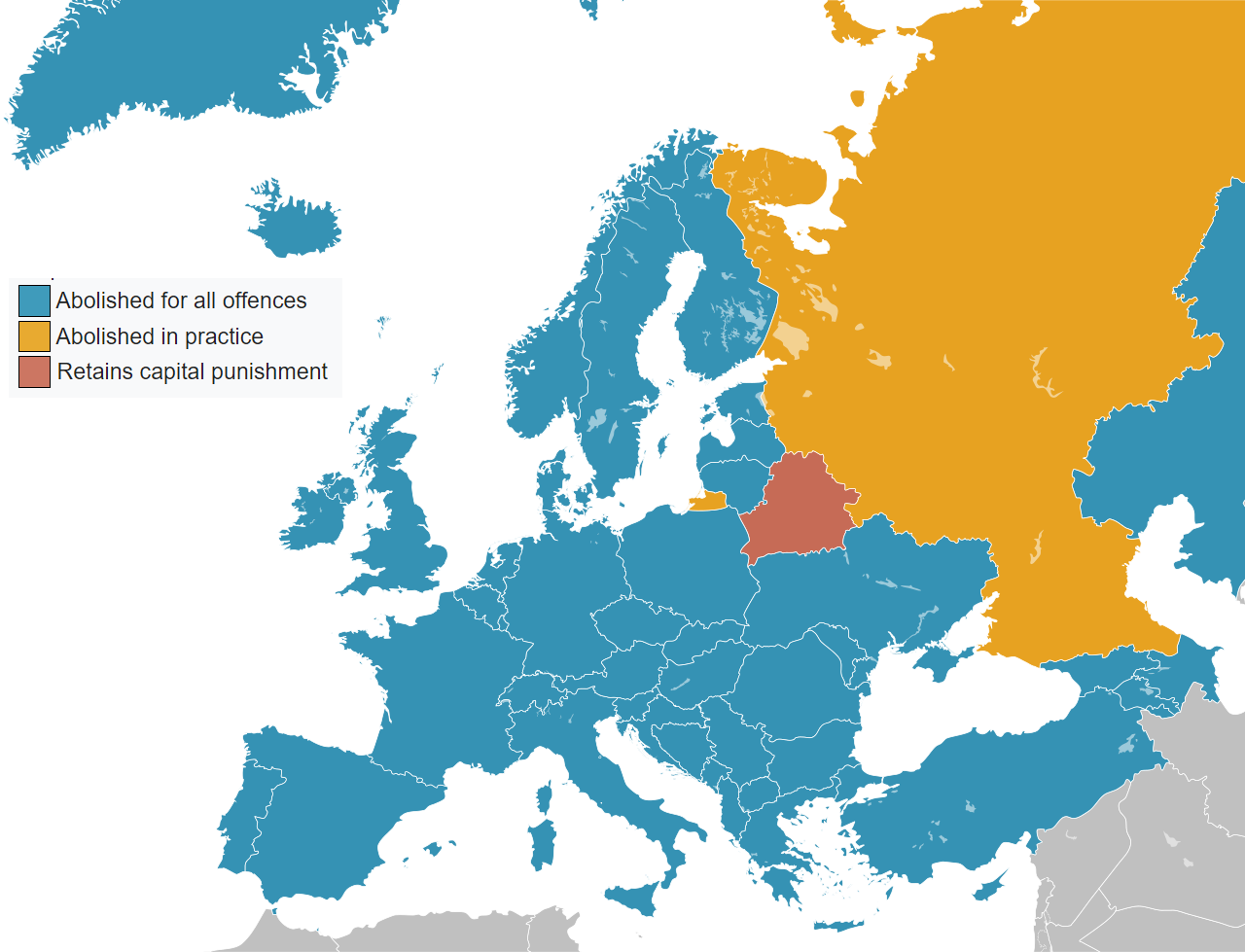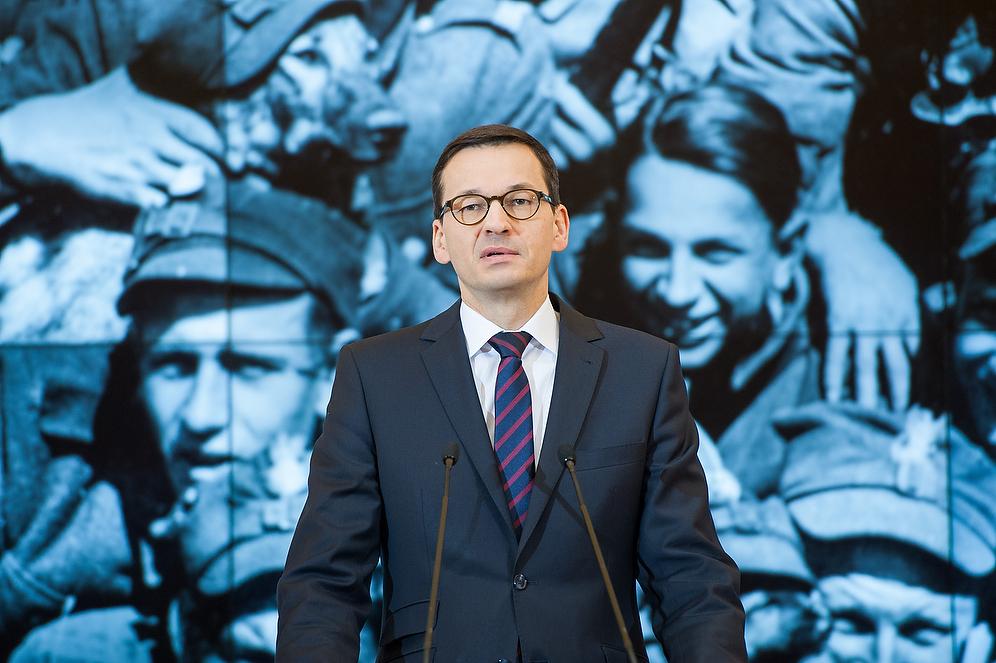Prime Minister Mateusz Morawiecki has declared his support for the death penalty, saying there should be a “rethink” of its “premature” abolition in the 1990s. He admits that, though a practising Catholic, on this issue he disagrees with the church’s position.
In the past, Morawiecki’s national-conservative Law and Justice (PiS) party has sought the reintroduction of capital punishment. However, following Morawiecki’s remarks a government spokesman clarified that it is “not part of [our] agenda at the moment”.
Mocna deklaracja premiera. @MorawieckiM: Kara śmierci? Jestem jej zwolennikiem. Tu nie zgadzam się z nauką Kościołahttps://t.co/ysHPFFo06b
— wPolityce.pl (@wPolityce_pl) January 2, 2023
Poland’s last execution – of 28-year-old Andrzej Czabański, who had raped and murdered a woman and attempted to murder her daughters – was carried out by hanging in 1988. Between 1956 and 1988, a total of 321 people were executed in Poland, notes news website Onet.
A few months later, the communist government introduced a moratorium on carrying out death sentences. Then, in 1997, Poland replaced its communist-era penal code with a new one, which included the removal of the death penalty.
In 2013, Poland ratified a Council of Europe (CoE) protocol prohibiting capital punishment in all circumstances. Capital punishment has been legally abolished in every European country apart from Russia (which did, however, introduce a moratorium in 2010) and Belarus.

Speaking during a Q&A session with internet users yesterday, however, Morawiecki said that he believed “the death penalty should be rethought” and that the decision to abolish it “was a premature innovation of the 1990s”.
“In my opinion, the death penalty for the most serious crimes should be allowed…if we are dealing with, for example, a serial killer – where the evidence leaves no doubt – or with a war criminal,” he added. “Such cases are unfortunately very common.”
The prime minister emphasised that this was only his personal opinion, and admitted that “today’s [international] conventions and our entire system excludes such a thing”. He also noted that his views “disagree with the church’s teachings”.
In 1999, Polish Pope John Paul II called capital punishment “both cruel and unnecessary”. In 2018, the catechism was revised to say that “the death penalty is inadmissible because it is an attack on the inviolability and dignity of the person” and that the church “works with determination for its abolition worldwide”.
Following Morawiecki’s remarks, government spokesman Piotr Müller today told Polsat News that reintroducing the death penalty “is not part of the agenda of [our] political program at the moment”.
“After all, we are signatories to the [European] Charter of Human Rights and the death penalty is prohibited there,” he added.
In 2004, PiS – then in opposition – submitted legislation that would have reintroduced capital punishment by hanging. Its leader – then and now – Jarosław Kaczyński argued that it should be used for murderers. The proposal was, however, rejected by a majority in parliament.
Until 2011, state research agency CBOS regularly polled the public on capital punishment. Between 1997 and 2004, over 70% constantly expressed support for its reintroduction. That fell to just over 60% in 2011.
In 2020, an institute attached to the justice ministry conducted a survey of 5,000 members of the public on attitudes to punishment. It found 43% in favour of the death penalty with 41% opposed, reported the Rzeczpospolita daily. It also showed 21% in favour of introducing flogging.
Polacy chcą kary śmierci i chłosty #prawokarne https://t.co/7TUKw1i0T9
— Rzeczpospolita (@rzeczpospolita) May 13, 2021
Main image credit: KPRM (under CC BY-NC-ND 3.0 PL)

Daniel Tilles is editor-in-chief of Notes from Poland. He has written on Polish affairs for a wide range of publications, including Foreign Policy, POLITICO Europe, EUobserver and Dziennik Gazeta Prawna.




















